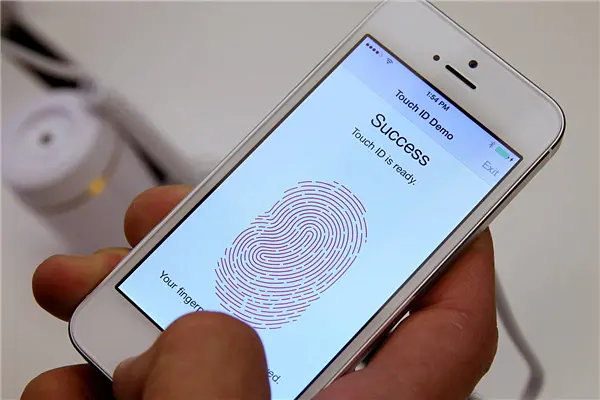The debate about whether Apple should help the Justice Department unlock the phone of one of the San Bernardino attackers has gotten bogged down in technical details.PHOTO:GEORGE FREY/BLOOMBERG
(THE WALL STREET JOURNAL) The debate about whetherAppleshould help the Justice Department unlock the phone of San Bernardino attackerSyed Rizwan Farookhas gotten bogged down in technical details over the scope of the government’s request, the handling of the phone in the days after the deadly mass shooting and the distinction between a passcode and an encryption strategy.
That’s all a distraction. It’s also dangerous for the future of personal privacy and, if you believe in it, the functioning of our democracy.
Here’s the bottom line: In terms of the public debate,the technical detailsof what the Federal Bureau of Investigation is asking Apple to do are irrelevant. At the heart of the contest between Apple and the FBI is the fact thatif a judge agrees, Apple can be forced to make the data on any iPhone available to any law-enforcement agency that demands it. Since Apple already has admitted it can build software to do this, how it is accomplished is immaterial, save to a handful of lawyers and judges.
To be sure, how Apple would “unlock” this and future iPhones matters very much to its chief executive,Tim Cook,who might be forced to ask his most talented security experts to create a way into the iPhone’s increasingly elaborate cybersecurity fortress. It matters to the FBI only inasmuch as it affects the agency’s ability to win the case.
And it matters not at all to everyday users, who should be reminded that the question at hand is simply this: Do we want our government, and the governments of countless other countries, to have the ability to compel Apple—or any other technology company—to grant access to any of our data they request?
Focusing the debate on this point highlights scenarios like those outlined by Rep.Ted Lieu,a California Democrat who wrote in a letter supporting Apple that, “This FBI court order, by compelling a private-sector company to write new software, is essentially making that company an arm of law enforcement.”
Christopher Soghoian,principal technologist at the American Civil Liberties Union, echoes Mr. Lieu’s concerns. If the government wins, he says, it will have the authority “to deliver surveillance software directly into the computers and cellphones of Americans everywhere.”
“This doesn’t just apply to laptops and cellphones,” he adds. “With the Internet of Things we’re inviting a large number of companies into our homes to place cameras and microphones into our bedrooms and children’s rooms, and any of those companies could be asked to turn those on.”
A more sophisticated tracking and spying device than the smartphone you carry in your pocket every day has never been invented. Do we want a legal precedent that can transform the “Internet of Things” into an “Internet of Surveillance”?
In this debate, how the citizens of Apple’s home country weigh this possibility against the needs of law-enforcement authorities has implications not just for us, but for everyone on Earth. It is the only question that matters.
 简体中文
简体中文

